Nvidia – Fear of Missing Out
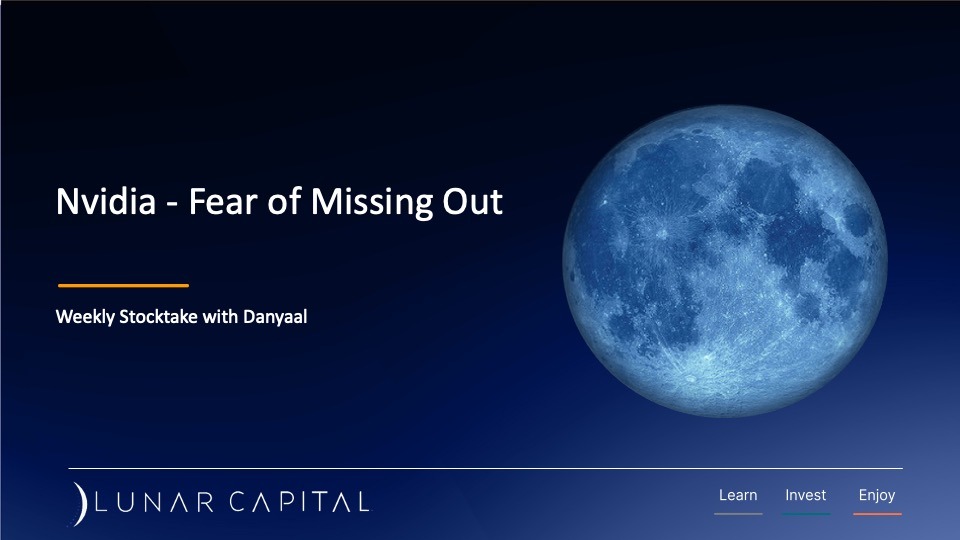
What questions are we asking about AI and Nvidia
ON Top of It
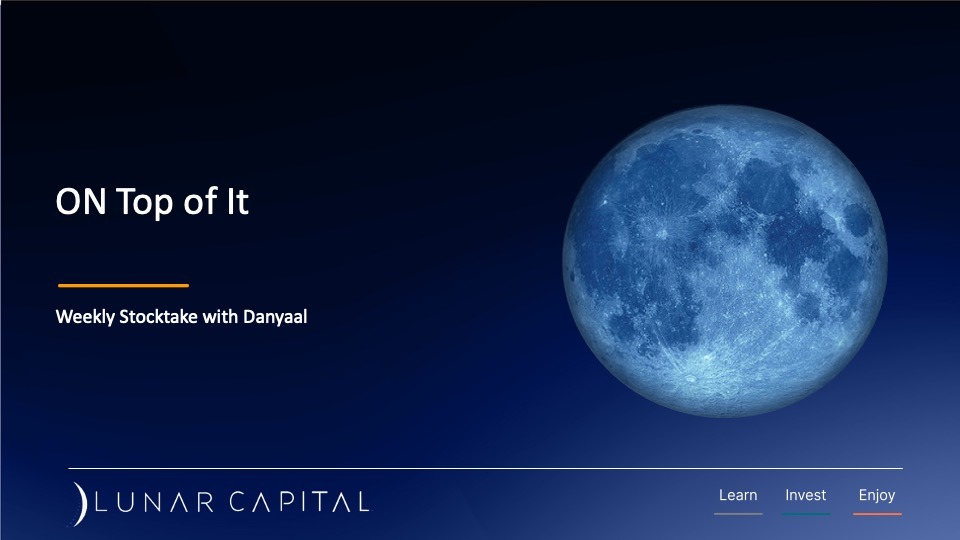
Rodger Federer, growing revenues, and expanding margins. Let’s dive into sports apparel brand ON’s recent success.
Novo – Lilly: Building Capacity
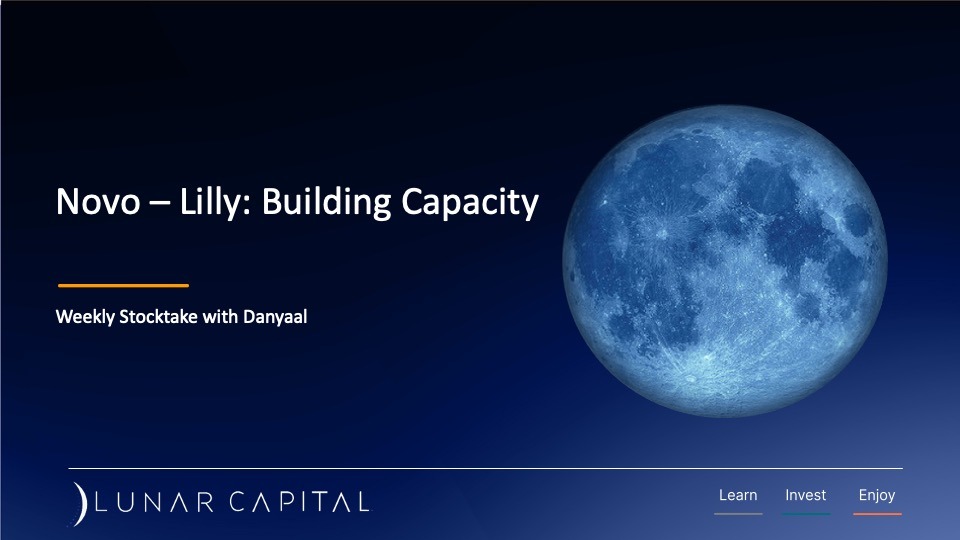
Find out how Eli Lilly and Novo Nordisk have been dealing with the demand for their obesity drugs.
Mega Caps’ Big Week
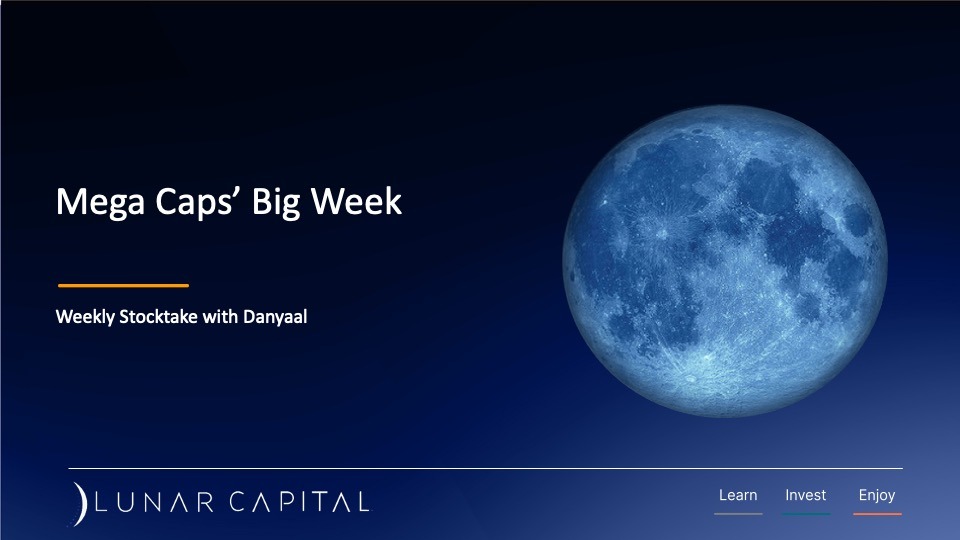
Catch up on the results of 5 Mega Cap US stocks
ASML: Cycle Up
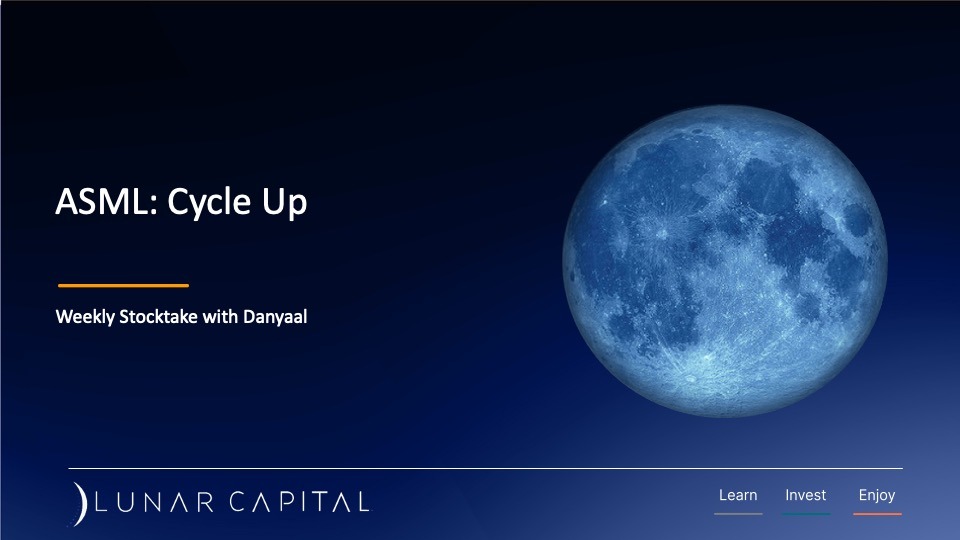
Find out what opportunities ASML sees for the semiconductor industry.
2023 Review
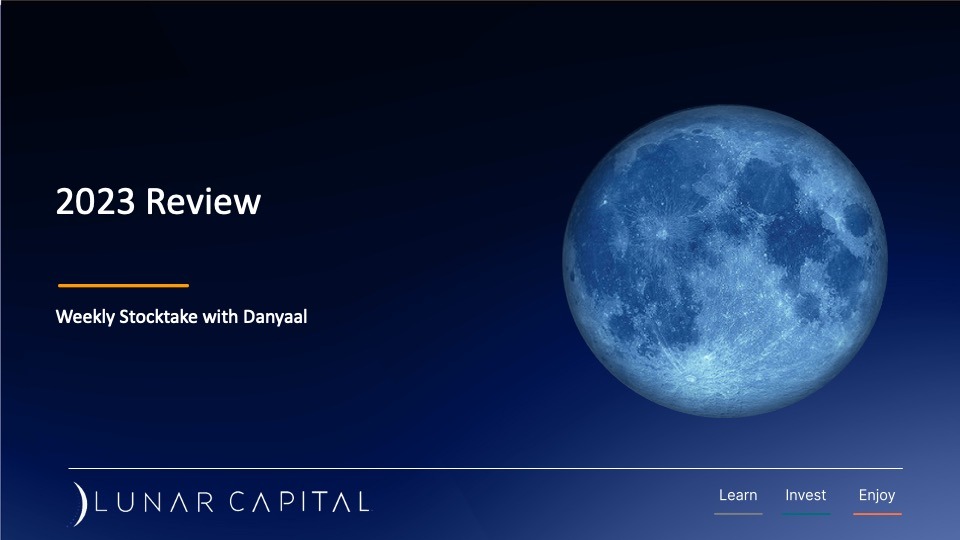
Find out what growth drivers Lululemon is adopting to expand its presence around the world.
Lunar Capital Quarterly Investment & Performance Review – 31 December 2023
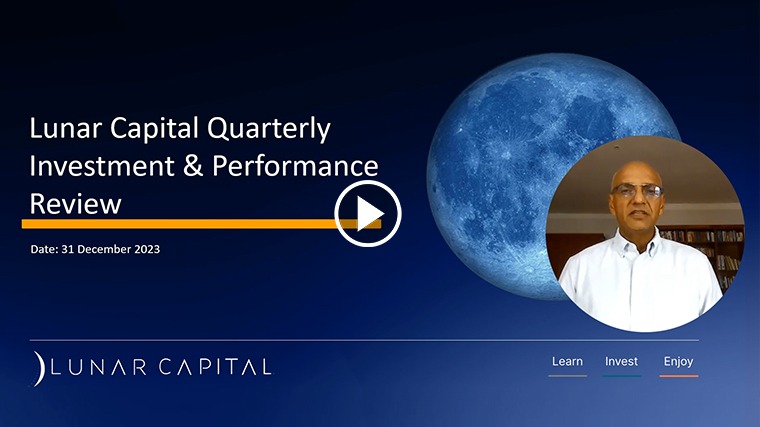
Sabir provides an update of the Funds’ Performance and Strategy of Lunar Capital as of end September 2023.
Lululemon: Three x 2
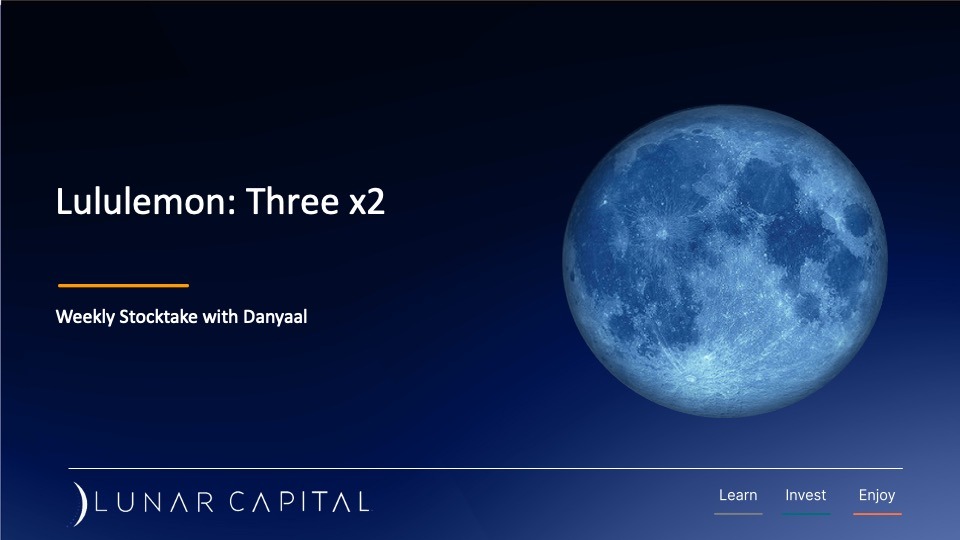
Find out what growth drivers Lululemon is adopting to expand its presence around the world.
Snowflake – A Benefactor of Artificial Intelligence
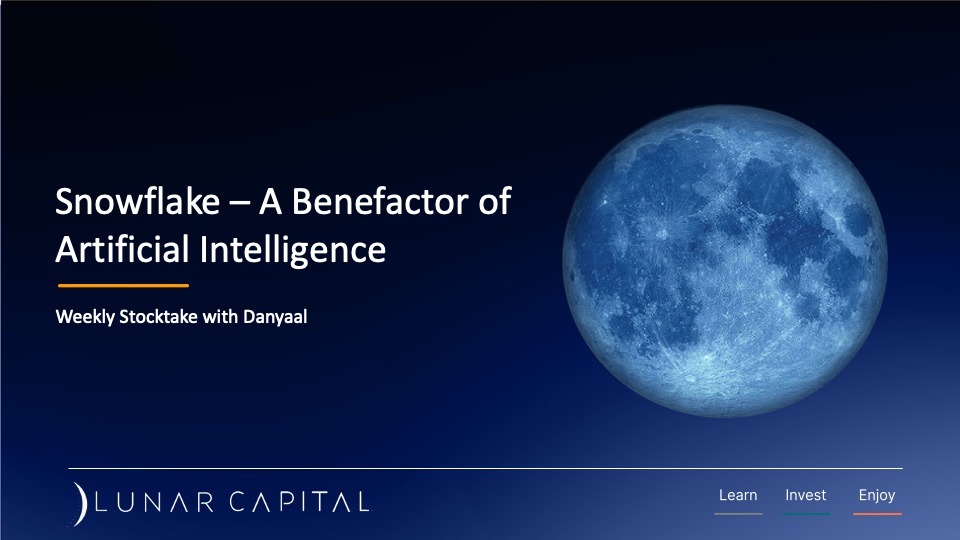
Find out how Snowflake is using artificial intelligence to enhance their product offering.
Nvidia – Bringing on the Competition
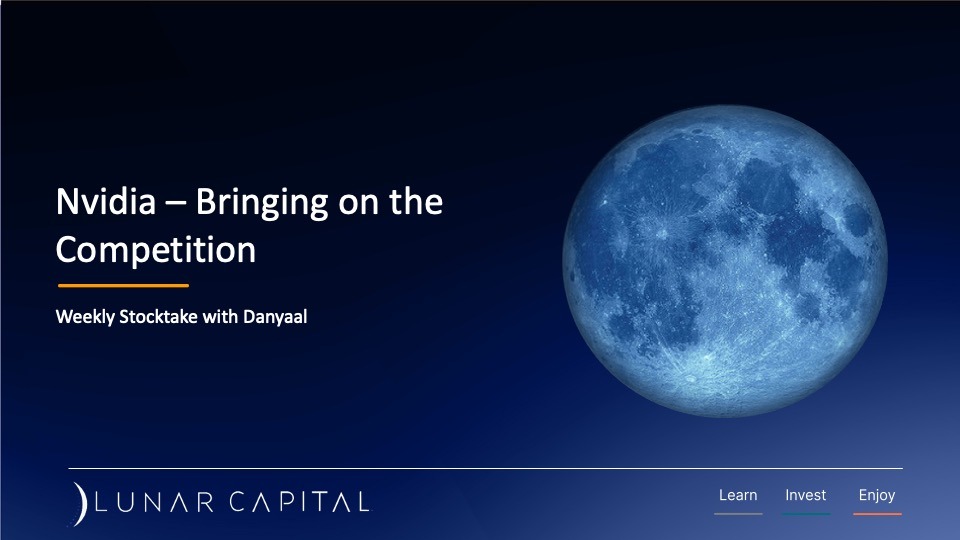
Faster semiconductors and the battle for AI Dominance. Which companies are trying to close the gap on chipmaker: Nvidia?
